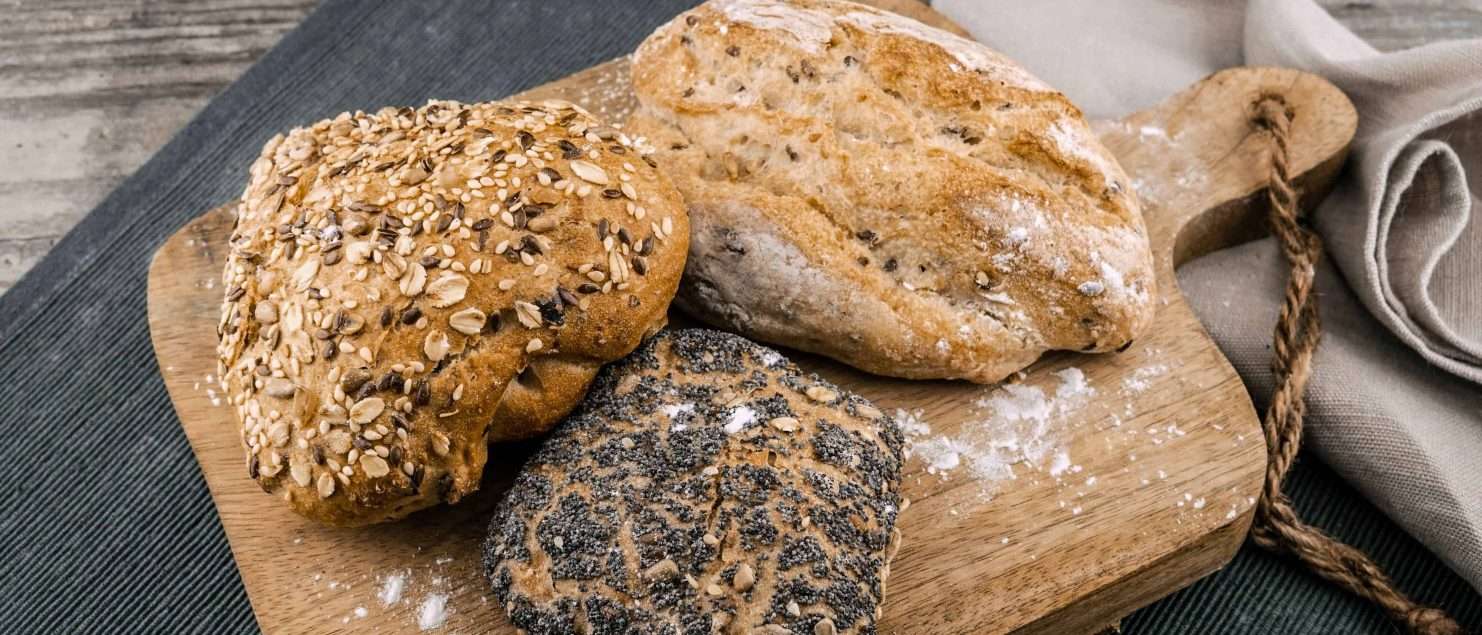Beginner’s Guide to Carbohydrates
Carbohydrates are one of the three macronutrients (fat, protein, and carbohydrates) that our bodies need in order to function properly. They are found in a variety of foods, including bread, pasta, rice, fruits, vegetables, and dairy products. In this blog post, we’ll discuss what carbohydrates do in the body, where you can find them, and some possible side effects of consuming too many or too few carbs.
What do carbohydrates do in the body?
Carbohydrates are essential for a healthy body because they provide energy for the body to function properly. Carbs are broken down into glucose, which is then used by the body for energy. Glucose is stored in the liver and muscles as glycogen.
When you exercise or do any type of physical activity, your body breaks down glycogen into glucose to use for energy. Carbohydrates also play a role in metabolism and help the body to create new proteins. Carbs are necessary for proper brain function and memory. They also help to regulate blood sugar levels.
Food Sources
Whole grains
Whole grains are an excellent source of good carbohydrates. Examples of whole grains include oats, barley, quinoa, and brown rice. Whole grains are high in fiber, which can help to keep you feeling full and may help to reduce the risk of heart disease and diabetes.
Beans and legumes
Beans and legumes are another excellent source of good carbohydrates. Examples of beans and legumes include black beans, lentils, kidney beans, and chickpeas. Beans and legumes are also high in fiber and protein, making them a nutrient-dense food choice.
Fruits
Fruits are a delicious way to get good carbohydrates into your diet. Fruits such as apples, bananas, oranges, and strawberries are all excellent sources of carbohydrates. In addition to being a good source of carbohydrates, fruits are also a good source of vitamins, minerals, and antioxidants.
Vegetables
Vegetables are another excellent source of good carbohydrates. Some examples of vegetables that contain carbohydrates include potatoes, sweet potatoes, carrots, and peas. Like fruits, vegetables are also a good source of vitamins, minerals, and antioxidants.
Dairy products
Dairy products such as milk, yogurt, and cheese are also a good source of carbohydrates. Dairy products are typically high in calcium and vitamin D, which are important nutrients for bone health.
Nuts and seeds
Nuts and seeds are a great way to get good carbs into your diet. Almonds, pistachios, sunflower seeds, and pumpkin seeds all contain carbohydrates that your body can use for energy. Nuts and seeds are also a good source of healthy fats, protein, vitamins, and minerals
Possible Side Effects and Interactions
Consuming too many carbohydrates can lead to weight gain because they are stored as glycogen in the liver and muscles. When you consume more carbs than your body can use for energy, the excess is converted to fat and stored in adipose tissue. Consuming too many carbs can also lead to blood sugar spikes and crashes as well as increased risk for type 2 diabetes.
Not getting enough carbohydrates can also have negative effects on your health. Low-carb diets can cause fatigue, dizziness, headaches, constipation, bad breath, and muscle cramps. If you are considering cutting carbs from your diet or drastically reducing your intake of carbs, it’s important to speak with a doctor or registered dietitian first to make sure that you are still getting all of the nutrients your body needs to function properly.
Conclusion
Carbohydrates are an essential macronutrient that our bodies need for energy and proper function. They can be found in a variety of whole foods like breads, pastas, rice dishes, fruits, vegetables, and dairy products. While it’s important to get enough carbohydrates each day, consuming too many carbs can lead to weight gain and other health problems like type 2 diabetes.
If you’re considering cutting carbs from your diet or reducing your intake of carbs drastically, be sure to speak with a doctor or registered dietitian first so that you don’t put your health at risk by not getting enough essential nutrients.
Sign up for my free email newsletter and get access to tips, tricks & content that will help you live your healthiest life! Ready to take the next step? Book your first coaching session and take 10% off!
I'm a wellness coach, focusing on supporting adults new to fitness, nutrition & self-care. Passionate about encouraging healthy habits, mindset, posture & sleep, especially for those starting their wellness journey later in life.

